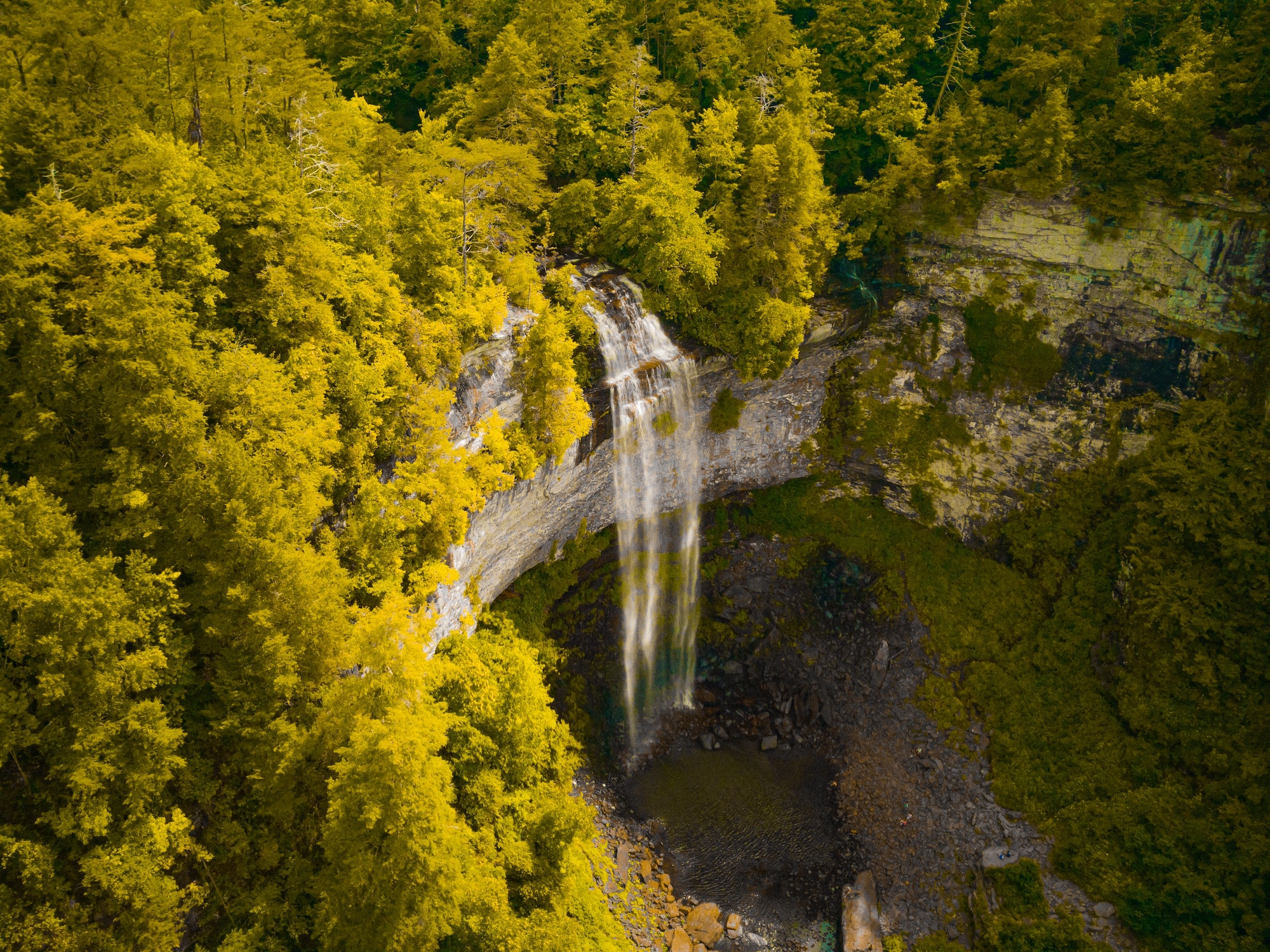From now through September, Cades Cove will implement vehicle-free Wednesdays so that cyclists and pedestrians can enjoy Cades Cove Loop Road without the worry of motor vehicle traffic.
The Great Smoky Mountains National Park officials announced that as of June 17 through September 30, 2020, each Wednesday will be designated vehicle-free along the Cades Cove Loop Road as part of a pilot study to improve visitor experience and safety. This change should also provide more parking without impacting campgrounds, concession operations, and picnic areas. The study was proposed due to congested parking areas and disruptions associated with the previous vehicle-free periods on Wednesday and Saturday mornings during the summer months.
The park began collecting data on visitor use in 1995, on vehicle-free time periods and it was determined that in the previous 3-hour closure time period up to 1,100 people a day were walking or cycling the 11-mile-loop. This resulted in congestion, lack of parking and disruption in picnic and camping areas.
By closing the roadway for the entire day, pedestrians and bicyclists will have over 12 hours of daylight to enjoy the Loop Road without interruption of vehicles. Also because of the reduction of vehicular traffic, guests may get to encounter more of the area wildlife such as black bears, white-tailed deer, coyotes, and turkeys. It is also a perfect time to access hiking and equestrian trails, ride bikes, and take photos.
Wednesdays at Cades Cove tend to be less busy than the weekends so it is a perfect time to enjoy the park without huge crowds. Mobility-assisted devices are also welcomed during vehicle-free days for individuals with disabilities.
If you prefer to drive through the area, vehicle access will still be available the remaining 6 days a week during this period, providing plenty of opportunities for visitors to enjoy Cades Cove.
This 2,000-acre valley and surrounding mountains provide one of the most popular destinations in the Great Smoky Mountains National Park with over 2 million visitors a year.




